May 23, 2025 | 16:13 GMT +7
May 23, 2025 | 16:13 GMT +7
Hotline: 0913.378.918
May 23, 2025 | 16:13 GMT +7
Hotline: 0913.378.918
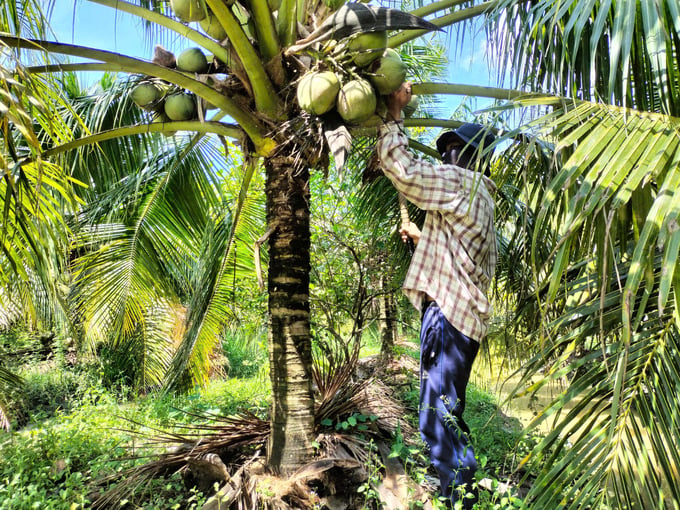
Fresh coconut is the latest addition to the list of Vietnamese agricultural products approved for export to China. Photo: Minh Dam.
Fresh coconut is the latest addition to the list of Vietnamese agricultural products approved by China’s General Administration of Customs for official export. Although still in the early stages of market entry and consumer adoption, fresh coconut presents a promising future for the coconut industry and local growers.
In Tien Giang, the Hung Thinh Phat Clean Agriculture Cooperative (Quon Long Commune, Cho Gao District) is the first packaging facility in the province to fulfill coconut export standards to China. Initially, the cooperative sent trial shipments to assess market acceptance. Today, it collects between 8,000 and 10,000 coconuts daily and exports an average of 10 containers per month. During the Lunar New Year, the cooperative also shipped four containers to the Chinese market.
“Initially, the cooperative only produced 1 to 2 batches for consumers to evaluate the quality of Vietnamese coconuts. Up to now, customers continue to place orders and the output is quite large. Not only Hung Thinh Phat Cooperative but also many packaging facilities in Tien Giang have received many orders from partners, the purchasing power of the market there is large”, said Mr. Nguyen Trung Quy, Director of Hung Thinh Phat Clean Agriculture Cooperative.
A similar trend is seen in Ben Tre, where businesses engaged in processing and packaging fresh coconuts for export. Mr. Ly Thai Hong Minh, Director of the Bentre Coconut Trading and Production Company Limited (Bentrecorp), headquartered in Ben Tre City, stated that the company has partnered with farmers to develop a 500-hectare raw material area that meets coconut export standards for the Chinese market. With stable demand, Bentrecorp processes and ships two containers of fresh coconuts to export partners every two days.
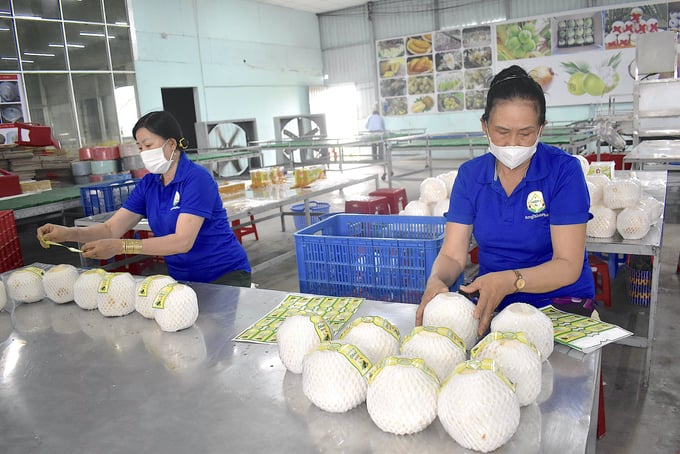
Hung Thinh Phat Clean Agriculture Cooperative is the first packaging facility in Tien Giang province to export fresh coconuts to China. Photo: Minh Dam.
Increasing the value of coconuts
The export of fresh coconuts has helped reduce the surplus supply in farmers’ orchards while boosting their market value domestically. On average, traders purchase fresh coconuts directly from farmers at prices ranging from 80,000 to 100,000 VND per dozen (around 5 USD for 12 coconuts). This represents an increase of 20,000 to 40,000 VND per dozen compared to pre-export levels.
With these prices, coconut farmers are seeing significant profits. Mr. Nguyen Manh Tuong, Director of Cho Gao Coconut Cooperative (Hoa Dinh Commune, Cho Gao District, Tien Giang Province), explained: “On average, each hectare of land accommodates about 30 coconut trees, with mature trees yielding approximately one dozen coconuts per month. The cost of maintaining coconut trees is only around 600,000 VND per labor unit. After deducting expenses, farmers can earn at least 1.8 million VND per labor unit.”
Mr. Tuong also noted that the cooperative manages around 1,200 hectares of coconut plantations, all registered with a designated growing area code for export to China. Currently, the cooperative supplies approximately one container of processed fresh coconuts export per day to its partners, totaling five to six containers per month. The remaining output is distributed within the domestic market. Thanks to stable export partnerships, coconut farmers have been able to sell their entire harvest, leading to higher and more consistent incomes.
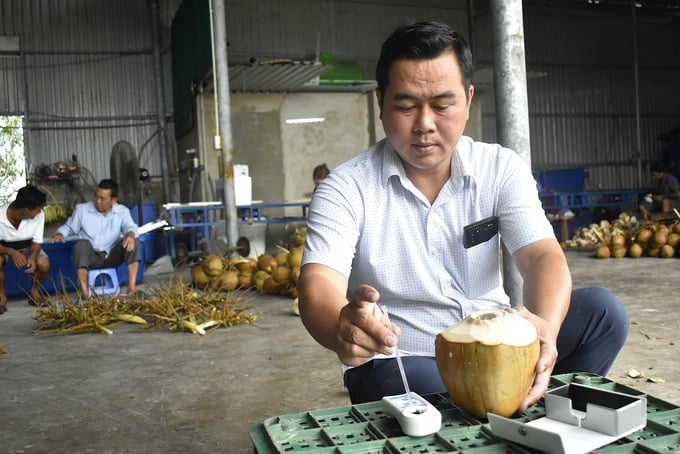
Mr. Nguyen Trung Quy, Director of Hung Thinh Phat Clean Agriculture Cooperative, checks the brix level of coconuts. Photo: Minh Dam.
“Coconuts are purchased in bulk directly from the orchards at 80,000 VND per dozen, an increase of about 20,000 VND compared to last year. At the factory, the cooperative selects coconuts weighing 1.3 kg or more for peeling and export, while those that do not meet export standards are sold domestically. Although this is a relatively new segment of the coconut industry, its future looks promising,” said Mr. Nguyen Manh Tuong, Director of Cho Gao Coconut Cooperative.
Although the Vietnamese fresh coconut industry is considered very promising, it must be recognized that the selling price of the product is still much lower than that of fresh coconut from Thailand. Because the products of your country have had a market for a long time, while our businesses are only exploring and approaching customers. In order for the Vietnamese coconut industry to have a sustainable position in the billion-people market, businesses need to build a sustainable value chain, stable in quality and price.
“In the near future, the Cooperative will conduct customer assessments to build a value chain, sustainable with farmers. In which, there is a plan to improve quality, design, and varieties,” Mr. Nguyen Trung Quy, Director of Hung Thinh Phat Clean Agriculture Cooperative shared more.
The Mekong Delta is the region with the largest coconut growing area in the country, about 170 thousand hectares (including fresh coconuts and coconuts for oil), most concentrated in Ben Tre, Tra Vinh, Tien Giang, Vinh Long. Not only fresh coconuts are priced well, but dry coconuts (coconuts for oil) are also priced high, ranging from 130 - 150 thousand/dozen, a sharp increase compared to last year. In Tien Giang, the locality has about 22.4 thousand hectares for an output of 245 thousand tons/year. Of which, drinking coconuts account for 60% with the main varieties: Malay coconut (accounting for 22%), Green Siamese coconut (accounting for 13%). According to the assessment, on average, the fresh coconut industry brings a good profit of about 154 million VND/ha/year, 2-3 times higher than dry coconuts.
Translated by Quynh Chi
/2025/05/22/5250-1-184853_288.jpg)
(VAN) According to a representative from the Central Retail Vietnam, Vietnamese products such as seafood, sweet potatoes, dragon fruit, coffee, and spices hold great potential in the Thai market.
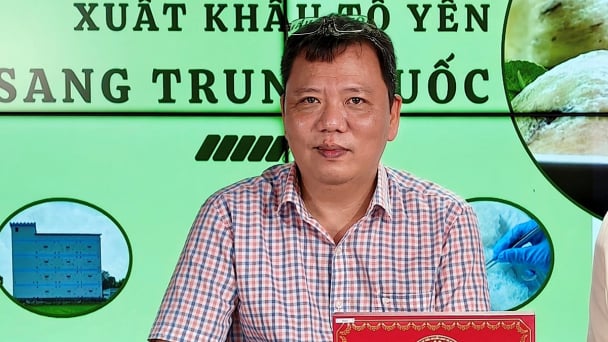
(VAN) A multi-channel, multi-directional strategy only works when the agricultural value chain meets global transparency and SPS standards.
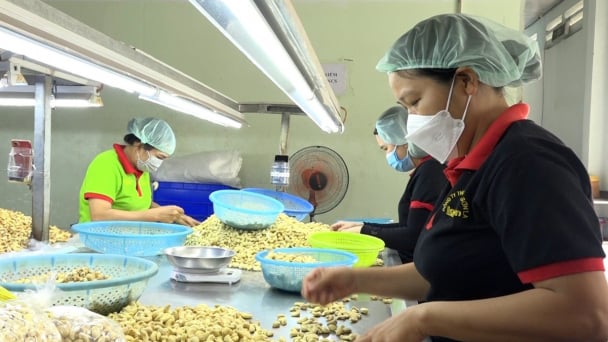
(VAN) Market expansion is a matter of survival for Vietnamese businesses amid fierce competition and global supply chain fluctuations.
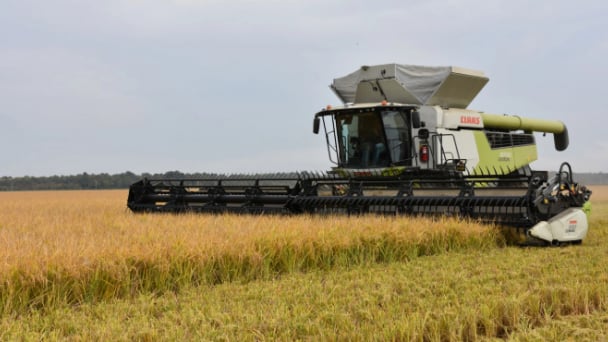
(VAN) Global market prospects for U.S. long-grain rice for the upcoming marketing year.
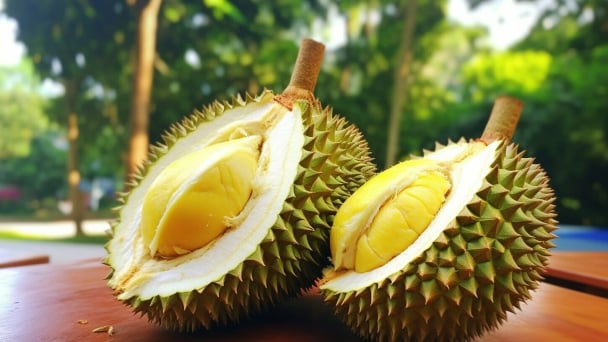
(VAN) China’s General Administration of Customs started permitting fresh durian shipments from Cambodia after a phytosanitary protocol was signed with the Cambodian Ministry of Agriculture in late April.
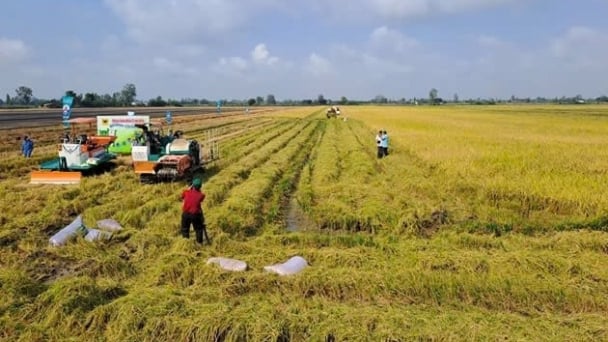
(VAN) To operate carbon market, one of the key issues is determining which types of 'commodities' meet the standards to be traded on the market.
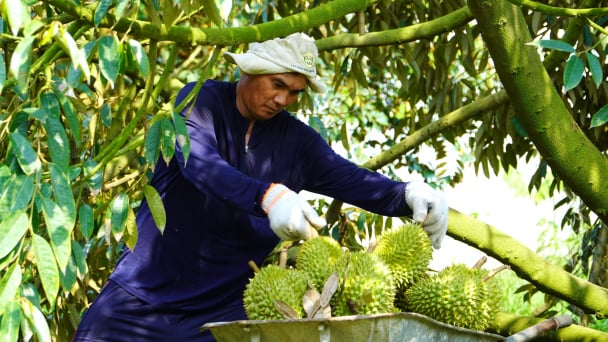
(VAN) Durian-producing localities need to coordinate more effectively with central authorities to improve the traceability, monitoring, and response systems in case of violations.